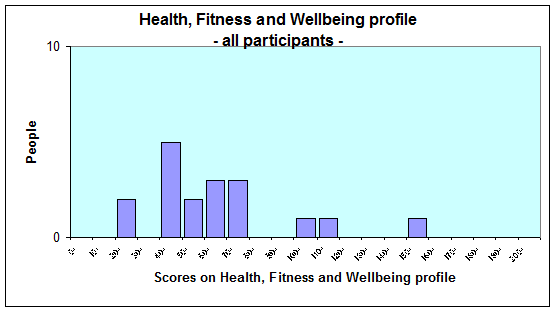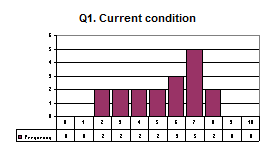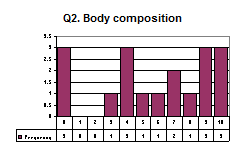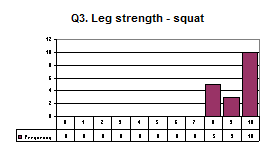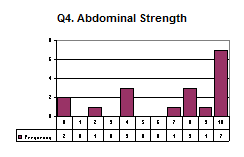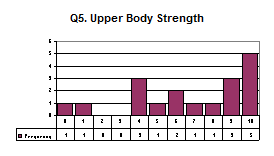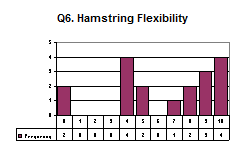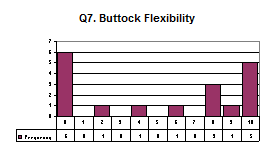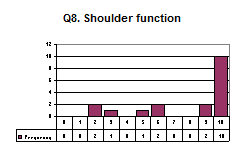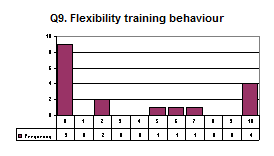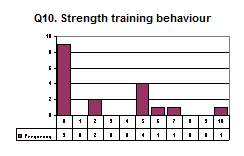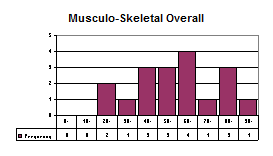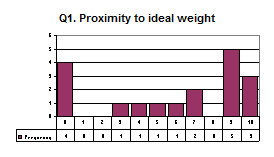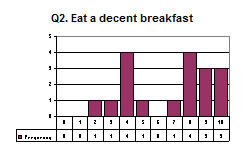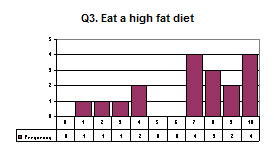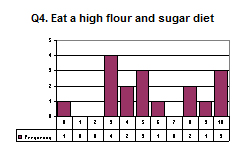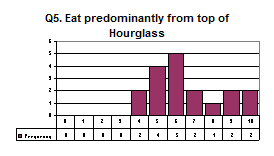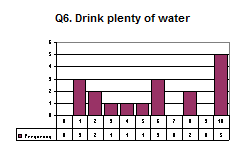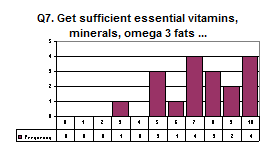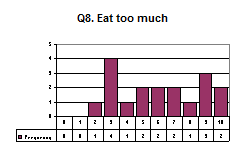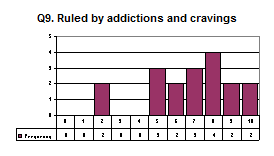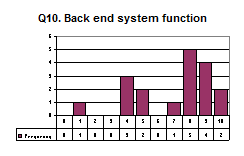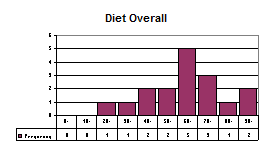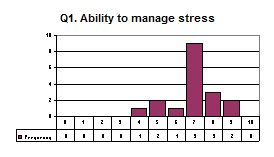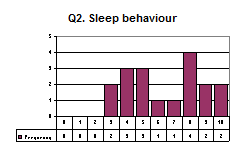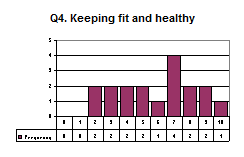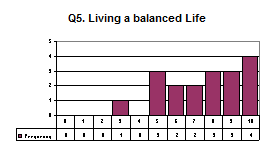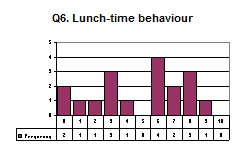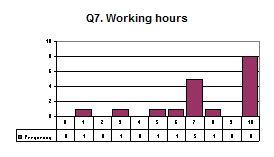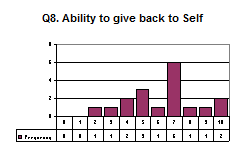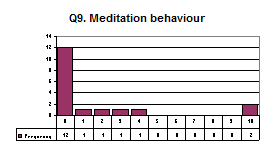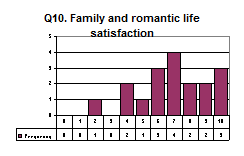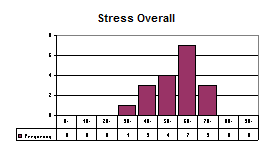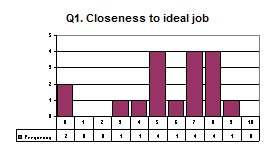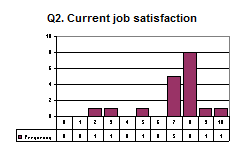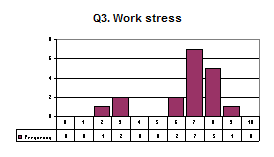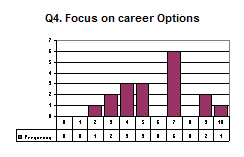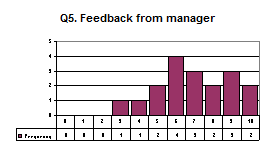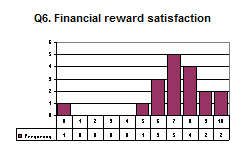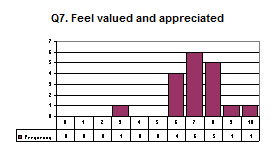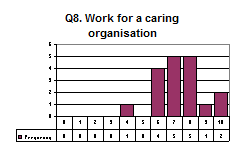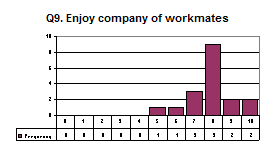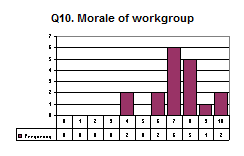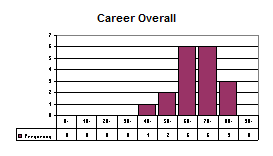|
| |||||||||||||||||||||||||||||||||||||||||||||||||||||||||||||||||||||||||||||||||||||||||||||||||||||||||||||||||||||||||||||||||||||||||||||||||||||||||||||||||||||||||||||||||||||||||||||||||||||||||||||||||||||||||||||||||||||||||||||||||||||||||||||||||||||||||||||||||||||||||||||||||||||||||||||||||||||||||||||||||||||||||||||||||||||||||||||||||||||||||||||||||||||||||||||||||||||||||||||||||||||||||||||||||||||||||||||||||||||||||||||||||||||||||||||||||||||||||||||||||||||||||||||||||||||||||||||||||||||||||||||||||||||||||||||||||||||||||||||||||||||||||||||||||||||||||||||||||||||||||||||||||||||||||||||||||||||||||||||||||||||||||||||||||||||||||||||||||||||||||||||||||||||||||||||||||||||||||||||||||||||||||||||||||||||||||||||||||||||||||||||||||||||||||||||||||||||||||||||||||||||||||||||||||||||||||||||||||||||||||||||||||||||||||||||||||||||||||||||||||||||||||||||||
|
Eliminate Musculo-skeletal Dysfunction from the Workplace | |||||||||||||||||||||||||||||||||||||||||||||||||||||||||||||||||||||||||||||||||||||||||||||||||||||||||||||||||||||||||||||||||||||||||||||||||||||||||||||||||||||||||||||||||||||||||||||||||||||||||||||||||||||||||||||||||||||||||||||||||||||||||||||||||||||||||||||||||||||||||||||||||||||||||||||||||||||||||||||||||||||||||||||||||||||||||||||||||||||||||||||||||||||||||||||||||||||||||||||||||||||||||||||||||||||||||||||||||||||||||||||||||||||||||||||||||||||||||||||||||||||||||||||||||||||||||||||||||||||||||||||||||||||||||||||||||||||||||||||||||||||||||||||||||||||||||||||||||||||||||||||||||||||||||||||||||||||||||||||||||||||||||||||||||||||||||||||||||||||||||||||||||||||||||||||||||||||||||||||||||||||||||||||||||||||||||||||||||||||||||||||||||||||||||||||||||||||||||||||||||||||||||||||||||||||||||||||||||||||||||||||||||||||||||||||||||||||||||||||||||||||||||||||||
| |||||||||||||||||||||||||||||||||||||||||||||||||||||||||||||||||||||||||||||||||||||||||||||||||||||||||||||||||||||||||||||||||||||||||||||||||||||||||||||||||||||||||||||||||||||||||||||||||||||||||||||||||||||||||||||||||||||||||||||||||||||||||||||||||||||||||||||||||||||||||||||||||||||||||||||||||||||||||||||||||||||||||||||||||||||||||||||||||||||||||||||||||||||||||||||||||||||||||||||||||||||||||||||||||||||||||||||||||||||||||||||||||||||||||||||||||||||||||||||||||||||||||||||||||||||||||||||||||||||||||||||||||||||||||||||||||||||||||||||||||||||||||||||||||||||||||||||||||||||||||||||||||||||||||||||||||||||||||||||||||||||||||||||||||||||||||||||||||||||||||||||||||||||||||||||||||||||||||||||||||||||||||||||||||||||||||||||||||||||||||||||||||||||||||||||||||||||||||||||||||||||||||||||||||||||||||||||||||||||||||||||||||||||||||||||||||||||||||||||||||||||||||||||||
|
|
32. Teaser August 2014
John Miller conducted the Global Back Care Musculo-skeletal Health Seminar for The Group in August 2014.
18 participants (12 men and 6 women) completed the following profiles
- Health, Fitness and Wellbeing
- Musculo-skeletal Risk
- Diet
- Stress
- Career satisfaction.
The results are presented in graphic format, with commentary.
Health, Fitness and Wellbeing Profile The Health, Fitness and Wellbeing profile provides people with a very good idea of how well the various systems of the body are functioning, particularly the
the mind autonomic nervous system immune system digestive system circulatory system elimination system musculo-skeletal system.
On this profile a good score is a low score.
The score of a normal, fit and healthy human being is less than 20. Higher scores are symptomatic of dysfunction of one or more body systems. People with low levels of fitness and high levels of stress usually score well over 100.
For people with a score of more than 80, the background noise of their life is becoming louder and louder. It is hard to concentrate on your work when body systems are dysfunctional. We know a fit and healthy group when we see the majority of scores below 40. This was not the case with this group.
By and large higher scores are usually a reflection of
low levels of fitness
an inability to deal with what life and work are serving up to people.
Remember, it is not what happens, but how we deal with what happens that determines our level of stress.
Classification of average scores: Excellent - less than 40. Good - 41 - 50. Reasonable 51-60. Poor - over 60.
This profile is described as poor. The average score was 66. Anyone scoring more than 80 is putting up with a lot of 'background noise'.
Health Climate Survey Based on scores received in the Health, Fitness and Wellbeing profile we've compiled a Health Climate Survey. Scores on each item have ranked - the higher the score the worse the problem. We added the scores for each item. The results appear in the table below.
It's normal that the scores for wrong job and under-appreciated at work are about the same. This was not the case in this survey. Many more people (36%) said they were under-appreciated.
Musculo-skeletal Risk factor Profile
Our musculo-skeletal risk factor profile looked at a range of parameters including mobility, strength and flexibility and whether people are training to keep themselves strong and flexible. The musculo-skeletal risk factor profile is comprised of a mix of 9 objective and 3 subjective assessments. Current musculo-skeletal condition Closeness to ideal weight leg strength Abdominal strength test Upper body strength test Flexibility Ability to sit up straight with legs crossed Shoulder function Strength training behaviour Flexibility training behaviour.
A score of 70% is attainable by those who have a regular and systematic training program. Those scoring less than 70 are not doing sufficient in the way of strength and flexibility exercises. They are therefore exposing themselves to a high risk of musculo-skeletal dysfunction. (It would be bizarre for a workplace to offer to pay the rehabilitation costs of people who were not keeping themselves strong enough or flexible enough to do their job without succumbing to musculo-skeletal dysfunction, wouldn't it?)
Fit for Work Scores in the Musculo-skeletal Health Risk Assessment have been used for the Fit for Work Award.
Pressups, situps and squats in 60 seconds
A fair standard for people
to aim at would be the Bronze Award - 20 situps, 20 pressups and 20
squats. You wouldn't judge anyone who failed to reach the bronze level
as being fit for work. Recommendations
Measure risk and Manage Risk There is an epidemic of personally-generated musculo-skeletal dysfunction in our workplaces.
Most organisations neither measure the risk nor manage it.
Their workers compensation insurer doesn't measure the risk either. They don't rate premiums against individual risk.
We recommend the Organisation take seriously and monitor carefully the incidence of personally-generated musculo-skeletal dysfunction and put in place an organisation-wide strategy to improve strength, flexibility and mobility. By far and away a high proportion of people do not have a strength and flexibility program. As a result they are getting weaker and tighter by the week, thereby exposing themselves and the organisation to risk.
A high proportion of people said they would willingly agree to take part in a daily exercise program to improve their musculo-skeletal health.
A high proportion of people said they'd take part in a prehab program.
When push comes to shove and people become dysfunctional, it will be the Organisation that ends up paying the high cost of an avoidable musculo-skeletal complaint. In our opinion musculo-skeletal dysfunction caused by lack of a regular and systematic strength and flexibility program cannot be classified as an injury.
Responsibility for musculo-skeletal dysfunction needs to be sheeted home to individual employees, though its unlikely to happen without the establishment of a culture within the Organisation that supports, values and understands the importance of staff keeping themselves strong and flexible.
We recommend a range of strength and flexibility classes that are readily available Australia-wide: -
The Organisation would place itself in the forefront of OH&S practice if it took the musculo-skeletal risk seriously and moved heaven and earth to educate all staff about this risk and obligated them to take part in a regular strength and flexibility program.
Maybe The Organisation and its worker's compensation insurer could invest in a pilot program to increase staff strength and flexibility! The lack of strength and flexibility training coupled with poor abdominal strength, upper body strength, flexibility and shoulder function is a cause for concern and needs the attention of individual staff and managers.
Prehab and rehab classes
We strongly recommend that the people who are in current poor musculo-skeletal condition and who lack abdominal strength, upper body strength, flexibility, shoulder function and functional mobility, in particular those who - who failed to attain the bronze award - be obligated to attend regular, in-house strength and flexibility classes. The pressure on the organisation's workers' compensation costs is such that to do otherwise would, in our opinion be to abrogate a responsibility for the prudent management of the organisation's finances.
Diet profile The diet profile is designed to assist participants to check out whether they are eating wisely and also one which has appropriate amounts of carbohydrate, protein and fat. It also looks at various eating habits, eg eating too much, eating for comfort ...
Closeness to ideal weight? Do you eat a decent breakfast? Do you eat a high fat diet? Do you eat a high starch diet? Do you eat from the top of the Diet Hourglass? How much water do you during each day? Do you supplement your diet with essential micro-nutrients vitamins, minerals, essential fats (omega 3) and glyco-proteins - and nutraceuticals - ginko, aloe vera, Echinacea ...? Do you eat too much? Are you ruled by your addictions to fat, sugar and starch? Does the back end of your system work like a charm?
We use the Hourglass Diet as out eating model.
The 'pass mark' for each parameter is 7/10.
Low scores are usually symptomatic of high fat, high starch, low fibre diets. The results: - people become over fat and constipated.
A good score is a high score. A poor score is a low score.
Australia is in a grip of an obesity and body system dysfunction
epidemic generated
by too much of the wrong food on the one hand, and too little of the
right food on the other. It is my opinion that diets high in refined,
cereal-based carbohydrates and sugar (the garbohydrates) are the
suspects. Too few people seem to be aware that their level of
body fat is affected by the amount of flour and sugar they take in each
day. The high starch diet has replaced the high fat diet, with the same
consequences. The garbohydrate diet stimulates insulin production which
leads to fat gain, and all manner of metabolic dysfunctions.
Most people have a flour and sugar breakfast, attributed to the kelloggification of the Australian diet. You don't eat biscuits for lunch and dinner so why are you eating them for breakfast? The breakfast eating behaviour of Australians is dreadful. Few people have fruit. Even fewer have vegetables, or adequate protein and fat. Stress Risk Profile Participants completed a simple stress and relaxation profile designed to assist them in making an assessment of how they were affected by stress. It is based on the habits of unstressed people.
If you do what unstressed people do you are less at risk of becoming stressed. Im yet to see someone who said they were highly stressed or depressed who got a high score on this profile. A good score is over 70.
How would you rate your current stress level Do you get a good nights sleep? Do you take your holidays? Are you keeping yourself fit and healthy? Is there balance in your life? Do you take time off at lunch time? How many hours a week do you work? Are you good at giving back to your Self? Do you meditate? Are you happy with your family (and romantic) life?
The matter of stress always needs to be addressed by organisations as part of a personal development thrust, and aimed at all staff. If stress management type programs are to be conducted, all staff need to be involved, otherwise those at most risk and those who are currently most stressed (and too wrapped up in their own busyness) will not attend.
For those who spend long hours at work, I often wonder whether the behaviour is externally or internally driven. I suspect the latter. No body on their death bed ever said 'I wish I'd spent more time at the office.'
A few people are struggling with their family life. This is another fertile area for personal development and counselling programs. It's hard to concentrate at work when your home life is in turmoil
SCORING GUIDELINES Excellent, scoring 8 or more Good, scoring 7 or more Fair, scoring 5 or 6 Poor, scoring less than 5 Pass mark on all parameters 7/10.
A good score is a high score. A poor score is a low score.
Career Satisfaction Profile The parameters in the profile relate to a mix of factors influences by the participant, management and their colleagues. How close are you to doing the job youd really like to be doing? Are you in the right job for now Is work giving you life or sucking life out of you Are you focused on your career options Do you get good feedback from your manager Do you receive an appropriate financial reward Do you feel you and your work are valued and appreciated Do you work for an organisation that cares about people Do you enjoy the company of the people you work with Whats the level of morale like in your work group?
Normally, when results on the overall career profile are less than 70/100, people agree that theyre not in the right job. Certainly those scoring less than 60 have sufficient issues relating to career management as to seriously consider going somewhere else.
SCORING GUIDELINES Excellent, scoring 8 or more Good, scoring 7 or more Fair, scoring 5 or 6 Poor, scoring less than 5 Pass mark on all parameters 7/10.
A good score is a high score. A poor score is a low score.
The Buddha and Confucius both said 'Find the job you'd love to do and you don't have to do another days work in your life.'
Global Back Care is a division of Miller Health Pty Ltd 7 Salvado Place, Stirling (Canberra) act 2611 Australia 61 2 6288 7703
| ||||||||||||||||||||||||||||||||||||||||||||||||||||||||||||||||||||||||||||||||||||||||||||||||||||||||||||||||||||||||||||||||||||||||||||||||||||||||||||||||||||||||||||||||||||||||||||||||||||||||||||||||||||||||||||||||||||||||||||||||||||||||||||||||||||||||||||||||||||||||||||||||||||||||||||||||||||||||||||||||||||||||||||||||||||||||||||||||||||||||||||||||||||||||||||||||||||||||||||||||||||||||||||||||||||||||||||||||||||||||||||||||||||||||||||||||||||||||||||||||||||||||||||||||||||||||||||||||||||||||||||||||||||||||||||||||||||||||||||||||||||||||||||||||||||||||||||||||||||||||||||||||||||||||||||||||||||||||||||||||||||||||||||||||||||||||||||||||||||||||||||||||||||||||||||||||||||||||||||||||||||||||||||||||||||||||||||||||||||||||||||||||||||||||||||||||||||||||||||||||||||||||||||||||||||||||||||||||||||||||||||||||||||||||||||||||||||||||||||||||||||||||||||||

